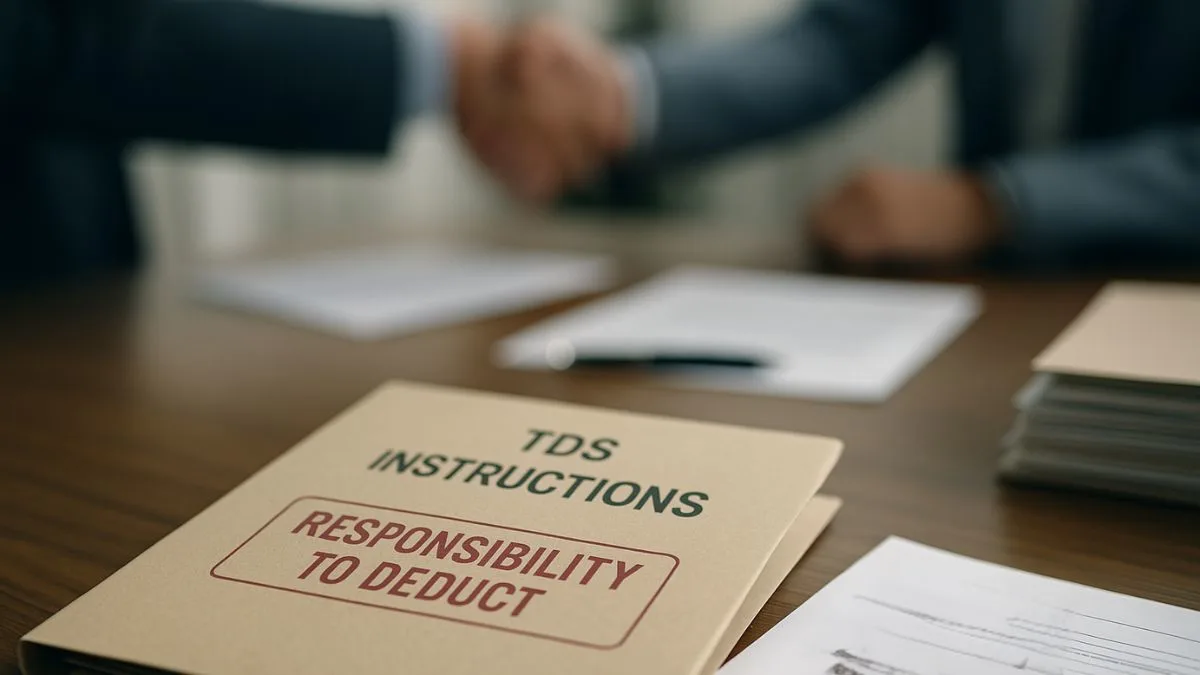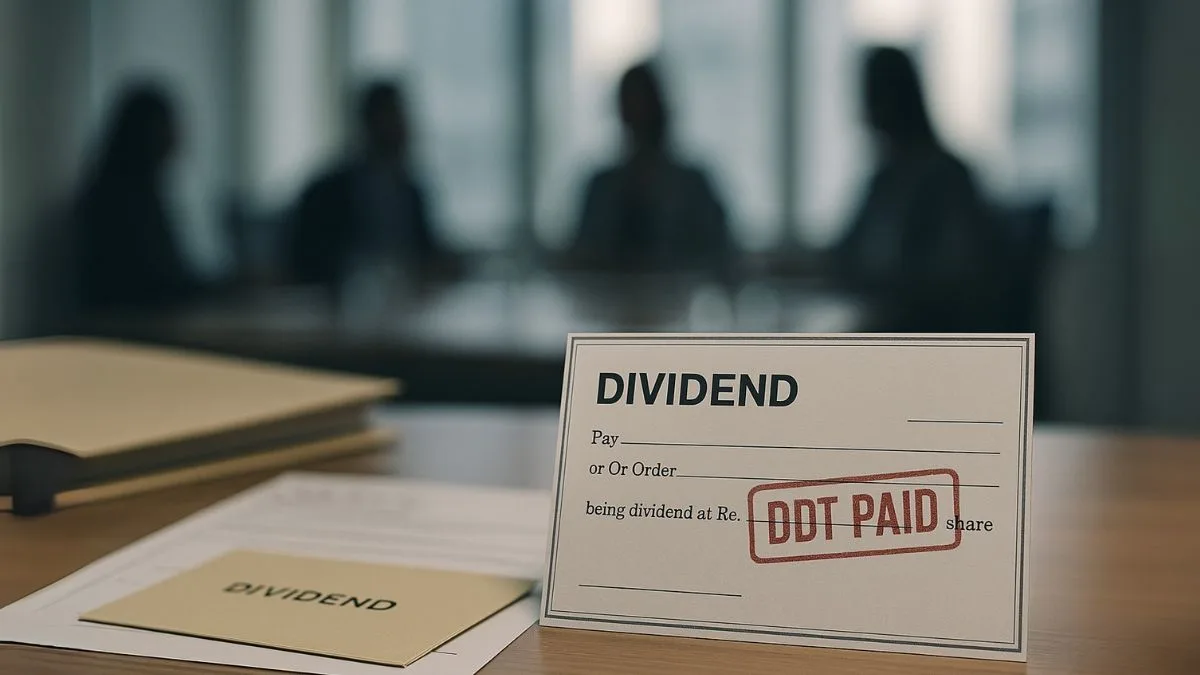
When it comes to tax deducted at source (TDS) on salary, one of the most important sections in the Indian Income Tax Act is Section 192. Specifically, Section 192(2b) of the Income Tax Act plays a crucial role in situations where an assessee is employed simultaneously under more than one employer. This section ensures fair & accurate deduction of tax at source, regardless of how many jobs a taxpayer may hold.
What is Section 192(2b) of the Income Tax Act?
Section 192 primarily governs the TDS on salary paid by employers to their employees. However, Section 192(2b) comes into play in special scenarios where an employee has more than one employer during the same financial year or works for multiple employers at the same time.
In such cases, Section 192(2b) of the Income Tax Act provides a method by which the employee can furnish details of their other incomes or losses to any one of the employers, so that TDS on salary can be computed on the aggregate income instead of each employer deducting tax in isolation.
This provision is particularly helpful for those who switch jobs mid-year or work multiple part-time roles. It allows the individual to avoid excess TDS deductions or underpayment, ensuring that tax compliance is maintained without hassles.
How Does Section 192(2b) Work?
If an employee is drawing salary from more than one employer, Section 192(2b) gives them the option to submit salary details from the previous employer(s) along with any other income details (like house property, interest income, etc.) to the current employer.
The current employer is then required to calculate the total taxable income and deduct TDS accordingly under Section 192.
Key Takeaways:
- Section 192 deals with the TDS on salary for all individuals receiving income under the head "Salaries".
- Section 192(2b) of the Income Tax Act applies when an individual is employed simultaneously under more than one employer.
- Employees can declare previous salary or additional income to their current employer for correct TDS deduction."
Why is Section 192(2b) Important?
Failing to disclose previous income or other earnings can lead to:
- Higher tax liabilities at the time of filing returns.
- Potential for underpayment or overpayment of taxes.
- Avoidable complications in your tax filing process.
By following the provisions of Section 192(2b), you ensure that your TDS on salary is calculated based on your actual total income, leaving no room for errors.
Practical Example:
Let’s say Priya switches from Company A to Company B in the middle of the financial year. If she doesn’t inform Company B about the income she received from Company A, the TDS on her salary will be calculated only on her earnings from Company B.
At the end of the financial year, Priya may end up with a higher tax liability, since her total income is more than what Company B accounted for. But if Priya submits her income details under Section 192(2b) to Company B, the employer can deduct the correct amount of TDS by considering her combined income.
Key Features of Section 192(2b) of Income Tax Act:
✅ Applicable only for "Income from Salary".
✅ Helps in the correct calculation of TDS when working with multiple employers.
✅ Allows consideration of other heads of income (like interest income, house property loss, etc.) for tax deduction purposes.
✅ Does not allow adjustment of capital gains or business losses—only specific heads of income apply.
✅ Helps avoid additional tax payments or penal interest during return filing."
Does Section 192(2b) Mandate Submission?
No, it is optional, not mandatory. The assessee can choose to disclose or not disclose. If they prefer to handle tax reconciliation themselves at the time of ITR filing, they can opt not to share income details.
Common FAQs Related to Section 192(2b)
👉 What if I don’t disclose my previous salary to my new employer?
You will have to pay any tax shortfall while filing your income tax return.
👉 Is Form 12B required under Section 192(2b)?
Yes, employees can submit Form 12B to their new employer to provide previous salary details.
👉 Does Section 192(2b) apply to contractual employees?
No, it applies only to individuals receiving income classified under the head "Salaries".
👉 Can I adjust capital gains in Section 192(2b)?
No, only certain income heads like "Income from House Property" can be considered—not capital gains.
If you’re still confused about how to handle TDS on salary when working with multiple employers or need help with accurate tax filing, our experts at Callmyca.com are just a click away. Get personalized assistance & ensure you never overpay on taxes again!











